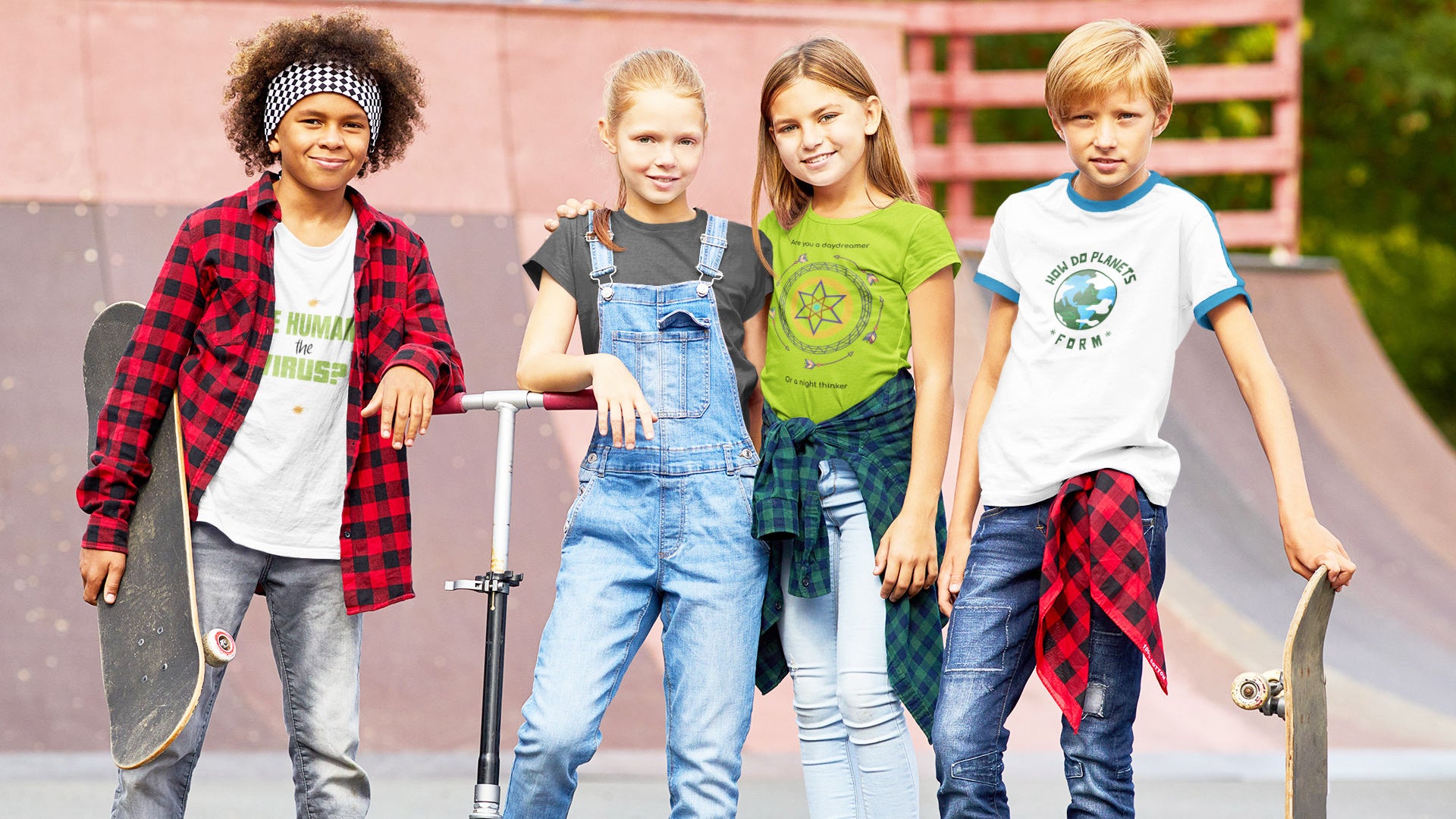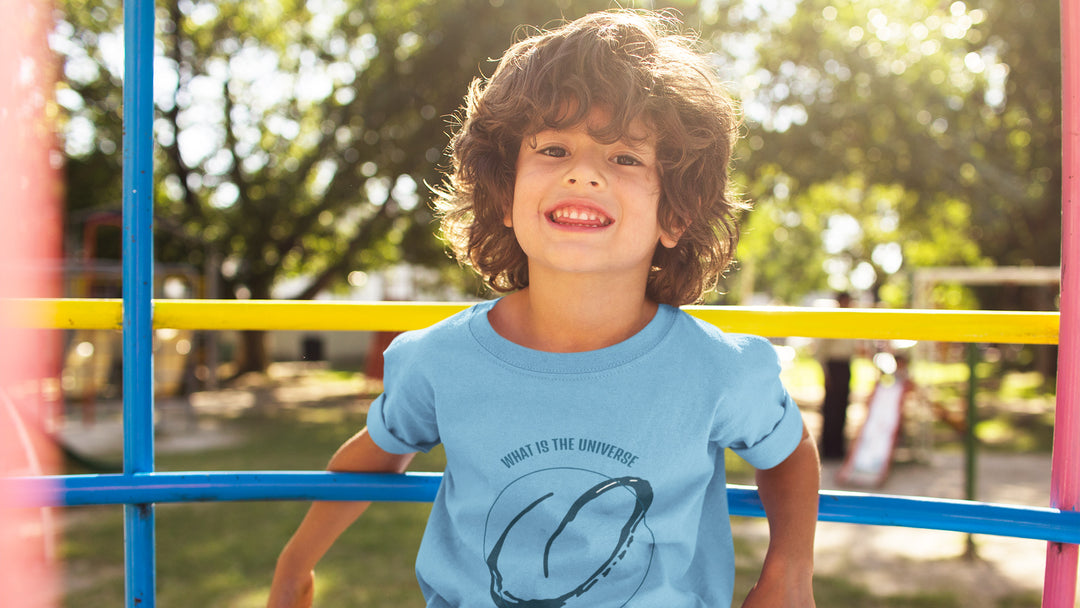What do children teach us about Curiosity?

Yet as we age, our curiosity seems to dwindle. We get less excited about new discoveries, and seem less inclined to explore things to the umpteenth degree (anyone who’s ever had an unending stream of “Why?”s from a toddler will know what I mean).
So what can children teach us about curiosity, so that we might be able to get some of that spark back?
Turns out, quite a lot.
Early Stages of Childhood Cognition
It was thought for a long time that children couldn’t really think or form complex thoughts until they could speak.
Today, we know better.
Curiosity starts at birth. While our ability to perceive and interact with the world is obviously limited in infancy, we are born with reflexive behaviours that lay the groundwork for exploration and discovery.
Within three months of birth, we go from basic interactions — gripping, suckling, following moving objects — to recognising and interacting with faces. By six months, we’re imitating sounds, expressions, and actions. By 12 months, we can say our first words, associate names with their objects, and develop attachments with objects.
18 months is where things start to get really interesting for toddlers. From 18-36 months we start forming logical connections, start exploring our surroundings in greater detail, and learn that most important word — “Why?” We might not understand most of the answers, but we certainly like hearing them.
We understand that the world doesn’t end when we close our eyes, and that there are things out there we’ve never heard of. So we ask. A lot.
Three onwards, and we’re using our memories and past experiences to make guesses of future behaviour. The foundation of our ability to learn complex thoughts and ideas is laid, and our learning truly begins.
For a fascinating run down of cognitive development in infancy, you can read more here.
The most important lessons we learn from children about curiosity comes from these early developmental stages. It’s not so much about why we’re curious — that’s fairly obvious — but how and when.
Safety and Comfort Lead to Curiosity
Curiosity is the willingness and desire to test and question everything we know. It’s the gateway to expanding our horizons and discovering new, uncharted territory.
On the face of it, it might seem like comfort would be counterproductive. After all, if we’re comfortable where we are, why would we wish to expand?
But it turns out that feeling safe and comfortable in our environment is exactly the best starting point. When children know they have a safe place to return to from their explorations, they feel more empowered to push those boundaries.
The flip side of this is that anxiety is the biggest killer of curiosity. When we’re unsure, uncertain, and feel unsafe, we are less inclined to explore new places.
It’s commonly observed that anxious children will not accept or engage in learning activities the same way children who aren’t anxious do. Instead they become withdrawn and reserved. We crave some level of stability in our lives; without it, new becomes scary when there’s no safe space to retreat to.
Curiosity is a Muscle That Needs Exercise
It was long thought that creativity was an innate ability, but today it’s pretty commonly accepted that it’s a skill like any other — we can learn to be creative through perseverance, and we can lose our creativity if we get slack.
Curiosity is similar. It’s not something you either “have” or “don’t have”. It’s something you can work to develop — or let atrophy.
Kath Murdoch, author of The Power of Inquiry, interviewed students in 2012 and asked them about curiosity.
There were two interesting quotes she got from children:
• “I’m not really that curious because I go on the internet too much. If I want to find something out – I just Google it and it is there – so I never really have to be very curious.”
• “Kids are curious. But grown ups aren’t really. I think they are too busy. And also – they know most of the stuff whereas kids are still learning so they have to ask lots of questions. When people get old, they become curious again because….they have more time. And they kind of remember what it is like to be a kid.”
These two quotes highlight that curiosity is an active skill people of all ages must actively work at.
If finding information is too easy and taken for granted, our curiosity wanes — click a button, quote a fact, move on. The desire to learn can be entirely undermined by easy access to the answer. Why retain information when your phone has it for you?
Likewise, the more we know, the less we seem to care to find out. We’re happy with the information we have already, and with all the other things going on in our lives, our curiosity stops being a priority. Learning about monkeys and sea life isn’t going to help with my 9-5 desk job.
But, as the second quote points out, when we free ourselves of our daily obligations and have more time, our curiosity seems to return.
This all points to another thing that children can teach us:
The Results of Our Curiosity Must Benefit Us
A toddler learning a new fact is full of such a sense of wonder. The possibilities of the world open up each time they learn something. Every fact makes the world so much bigger, more exciting. It makes their imaginations more full, play time more exciting, and lets them learn even more.
We can see this sense of wonder at learning start to erode in school. Children are forced to learn about things that don’t interest or inspire them, and not learning something can lead to some sort of punishment. By the end of high school, many see learning and curiosity as means to complete a test. There’s little personal fulfilment in the activity.
Those that remain curious are typically those who have found something that sparks their interest and imagination. For some, it’s art and literature; others maths and science; others woodworking, hands-on skills, etc.
As busy working adults, curiosity about things outside our immediate concerns don’t bring us as much joy or stimulation, so the incentive to be curious subsides. For many adults, it’s actually feeding their child’s curiosity that reignites their own — after all, why is the sky blue? It doesn’t make much of a difference to a charted accountant, but to their inquisitive 3 year old, it’s currently the most important question in the world.
When we reach retirement age, curiosity keeps our minds active and occupied, and fills our days, much like it did in childhood. That sense of wonder and fulfilment returns when we can learn new things at our own pace, for our own reasons.







